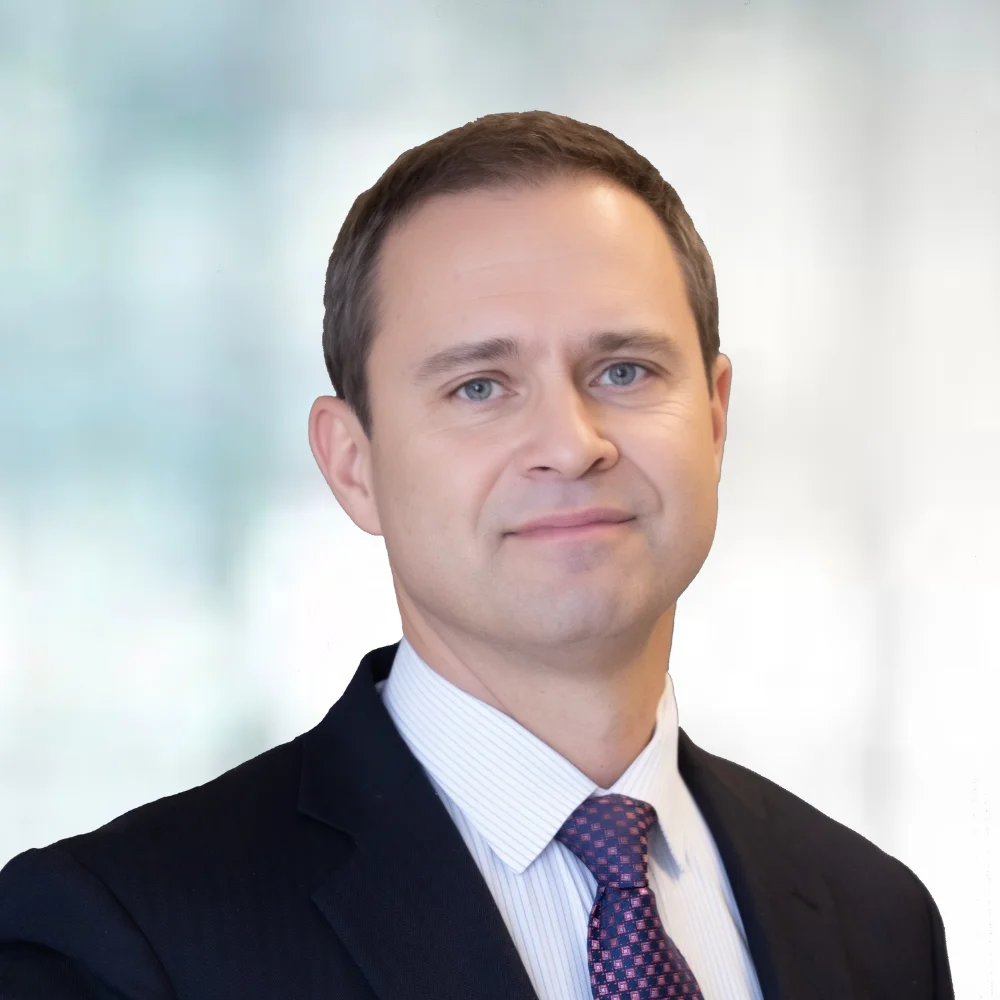The Anti-ESG-for-profit Spectrum Array ( [cookie] => 798499-cc71a0-bebbd3-1f03e9-6bfe24 [current_usage] => 2 [max_usage] => 2 [current_usage_crypto] => 2 [max_usage_crypto] => 2 [lock] => 1 [message] => [error] => [active_member] => 0 [subscriber] => 0 [role] => [visitor_id] => 221867 [user_id] => [reason] => [method] => ) 1 and can accesss
A daily market update from FS Insight — what you need to know ahead of opening bell


Become a Member To Access FS Insight Research
FS Insight gives individual investors access to Tom Lee's research, previously only available to banks and hedge funds.
|
|||
| Join Now |
|
|||
| Join Now |
What's included in your FSI Membership?

Thomas J. Lee
Head of Research
| Type | Publication | Mon | Tue | Wed | Thu | Fri | Monthly | |
|---|---|---|---|---|---|---|---|---|
| Reports |
First Word The best market research out there -- on a near-daily basis. |
|
|
|
||||
|
Intraday Alerts These are released periodically after crucial market developments. |
Real-Time | |||||||
|
Weekly Roadmap Weekly summary of market events and updates on our key theses. |
|
|||||||
| Webinars & Videos |
Macro Minute Video Daily video commentary on market conditions & key events. |
|
|
|
|
|||
|
Outlook Webinars We host over 12 LIVE webinars per year with our research team and high-profile special guests. Incredible value and market insights! |
Yearly | |||||||
| Granny Shots Webinars |
|
|||||||
| CEO Interview Webinars | Quarterly | |||||||
| Appearances Archive | Real-Time | |||||||
| Allocation Tools |
"Super Granny" Shots Stock List Granny Shots we expect to tactically outperform and underperform. |
|
||||||
|
Granny Shots Stock List Thematic investment stock picks that aim to outperform the S&P 500. |
|
|||||||
|
Sector Allocation A sector allocation strategy that is designed to outperform the S&P 500 while taking minimal risk. |
|
|||||||
| Market Alerts |
⚡️FlashInsights Real-time market commentary about macro and crypto events from our research heads. |
|
|
|
|
|
Real-Time |

Mark L. Newton
Head of Technical Strategy
| Type | Publication | Mon | Tue | Wed | Thu | Fri | Monthly | |
|---|---|---|---|---|---|---|---|---|
| Reports |
Daily Technical Strategy Daily commentary on market trends and short term opportunities. |
|
|
|
|
|
||
|
Weekly Roadmap Weekly summary of market events and updates on our key theses. |
|
|||||||
| Webinars & Videos |
Daily Technical Strategy Daily commentary on market trends and short term opportunities. |
|
|
|
|
|
||
| Live Technical Analysis |
|
|||||||
|
Outlook Webinars We host over 12 LIVE webinars per year with our research team and high-profile special guests. Incredible value and market insights! |
Yearly | |||||||
| Appearances Archive | Real-Time | |||||||
| Allocation Tools |
Newton's Upticks Stock List Technically derived, intermediate-term picks of attractive risk/reward opportunities from the S&P 500. |
|
||||||
| Market Alerts |
⚡️FlashInsights Real-time market commentary about macro and crypto events from our research heads. |
|
|
|
|
|
|

L. Thomas Block
Washington Policy Strategy
| Type | Publication | Mon | Tue | Wed | Thu | Fri | Monthly | |
|---|---|---|---|---|---|---|---|---|
| Reports |
US Policy Weekly update on developments in Washington DC and how they may impact Wall Street. |
|
|
|||||
|
Weekly Roadmap Weekly summary of market events and updates on our key theses. |
|
|||||||
| Market Alerts |
⚡️FlashInsights Real-time market commentary about macro and crypto events from our research heads. |
|
|
|
|
|
Real-Time |


Sean Farrell & Crypto Team
| Type | Publication | Mon | Tue | Wed | Thu | Fri | Monthly | |
|---|---|---|---|---|---|---|---|---|
| Reports |
Market Update Stay on top of the crypto markets with macro commentary, technical analysis, and the most relevant news. |
|
|
|
|
|
||
|
Weekly Strategy Weekly summary of market events and updates on our key theses. |
|
|||||||
|
Funding Fridays Are you looking for investment opportunities in the crypto space? We explore early-stage crypto opportunities in this note about where the smart money is being invested! |
|
|||||||
|
Crypto Concepts We periodically provide in-depth research on the leading protocols, companies, and funds shaping the crypto ecosystem. |
|
|||||||
|
Liquid Ventures A recurring research note focused on delivering unique insights into high-risk investment opportunities within the crypto ecosystem, primarily centered on early-stage or small-cap tokens. |
|
|||||||
|
Deep Research We periodically provide in-depth research on the leading protocols, companies, and funds shaping the crypto ecosystem. |
Quarterly | |||||||
|
Weekly Roadmap Weekly summary of market events and updates on our key theses. |
|
|||||||
| Webinars & Videos |
Outlook Webinars Ongoing webinars exploring crypto opportunities, in depth research, and exclusive research offerings from our team of analysts and leading cryptocurrency firms. |
Yearly | ||||||
| Crypto Comments |
Daily Technical Strategy From Bitcoin, Ethereum and Solana to other coins, our Head of Technical Strategy highlights important price movement to help give you an edge. |
|
||||||
| Allocation Tools |
Crypto Core Strategy A powerful tool designed to help crypto investors build a crypto portfolio that outperforms the industry’s king – bitcoin – regardless of market conditions. |
|
||||||
| Market Alerts |
⚡️FlashInsights Real-time market commentary about macro and crypto events from our research heads. |
|
|
|
|
|
Real-Time |

FS Insight Research Team
| Type | Publication | Mon | Tue | Wed | Thu | Fri | Monthly | |
|---|---|---|---|---|---|---|---|---|
| Reports | First to Market |
|
|
|
|
|
||
|
*Earnings Daily This note provides investors with a myriad of useful metrics to measure the progress of earnings season |
|
|
|
|
|
|||
|
Signal From Noise Highlights timely market themes and sectors with corresponding stocks, cutting through the day-to-day market “noise” for a distinct perspective. |
|
|||||||
|
Community Questions We gather your inquiries and answer them in the most scalable way. Hear directly from our research principals! |
|
|||||||
|
FS Insight Academy Our main goal is to make you a better investor! This series will guide you through key financial concepts and topics in an understandable way. |
|
|||||||
| Webinars & Videos |
Free Macro Webinars Live webinars and Q&A with our research team and high-profile industry leaders. |
Quarterly | ||||||
|
Free Crypto Webinars Live webinars and Q&A with our research team and high-profile industry leaders. |
Quarterly |
*Daily reporting during each quarterly earnings season.











